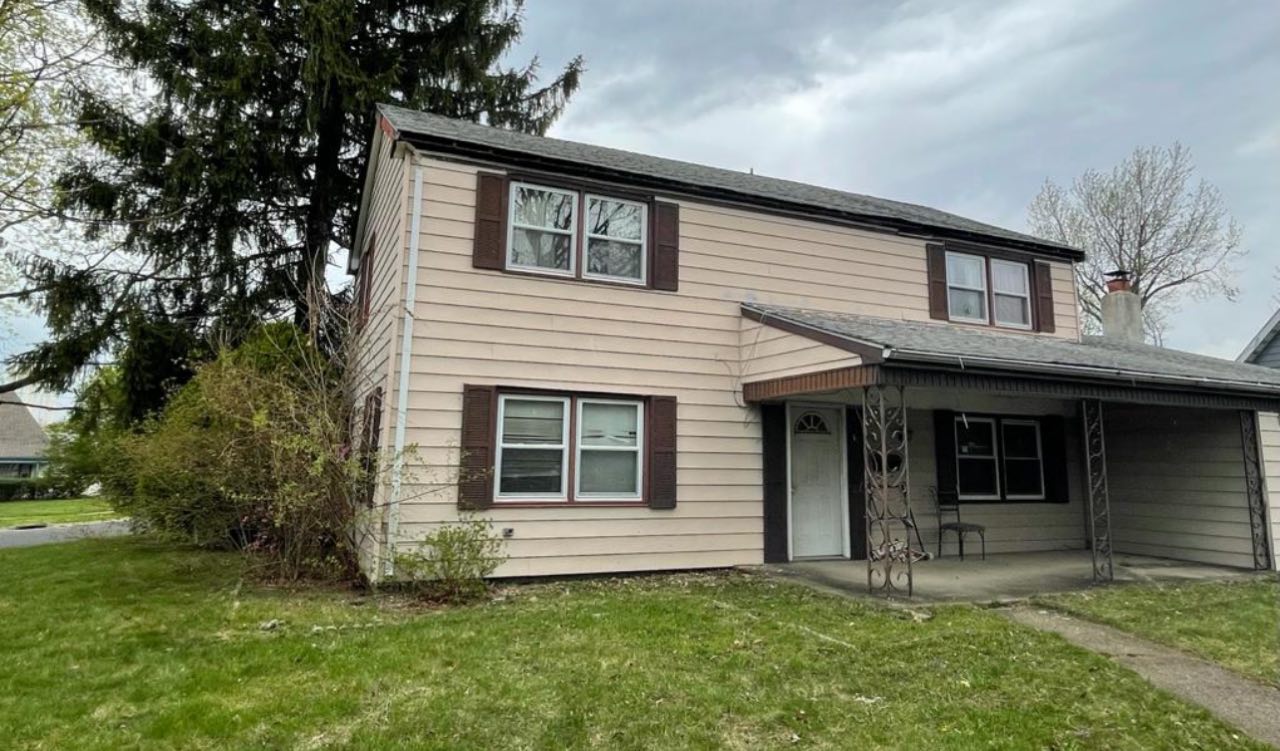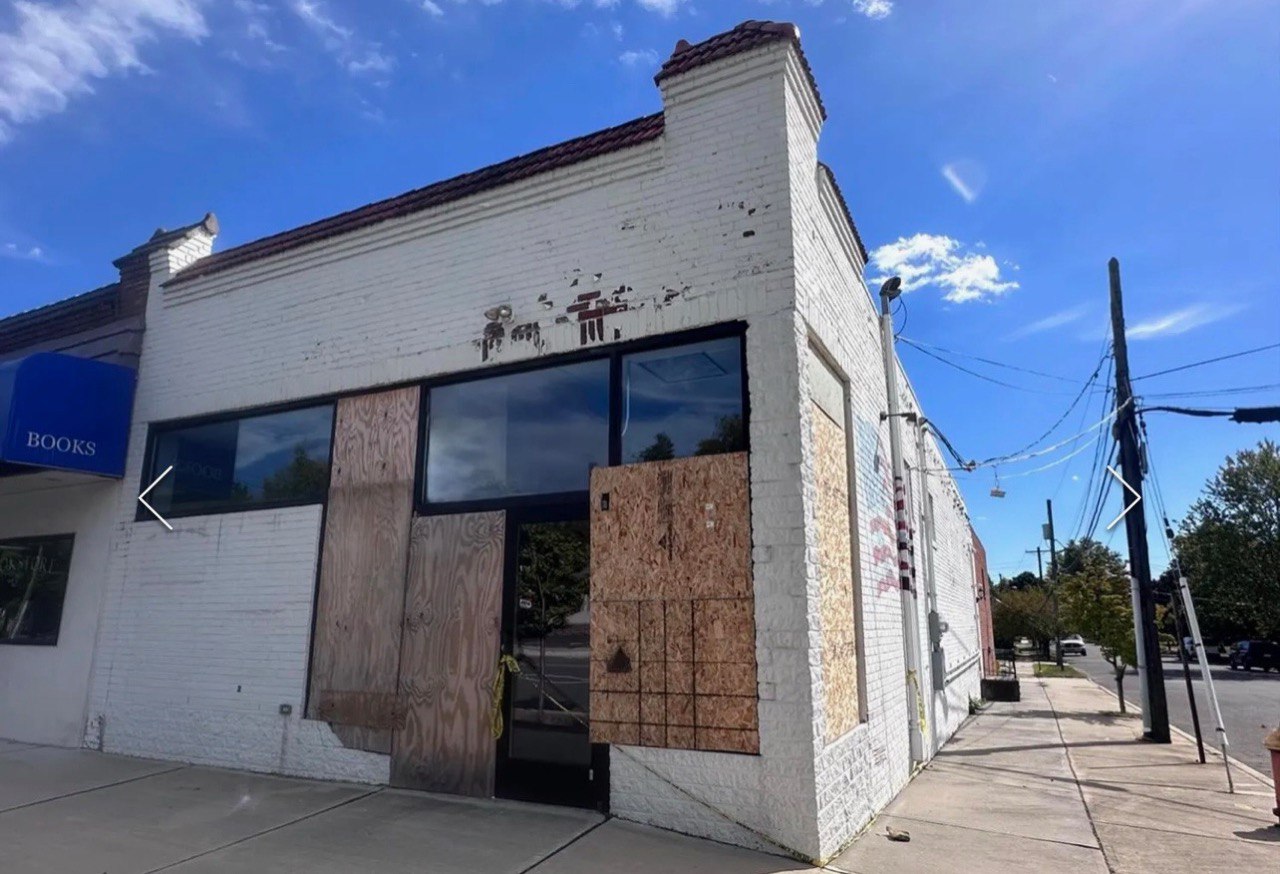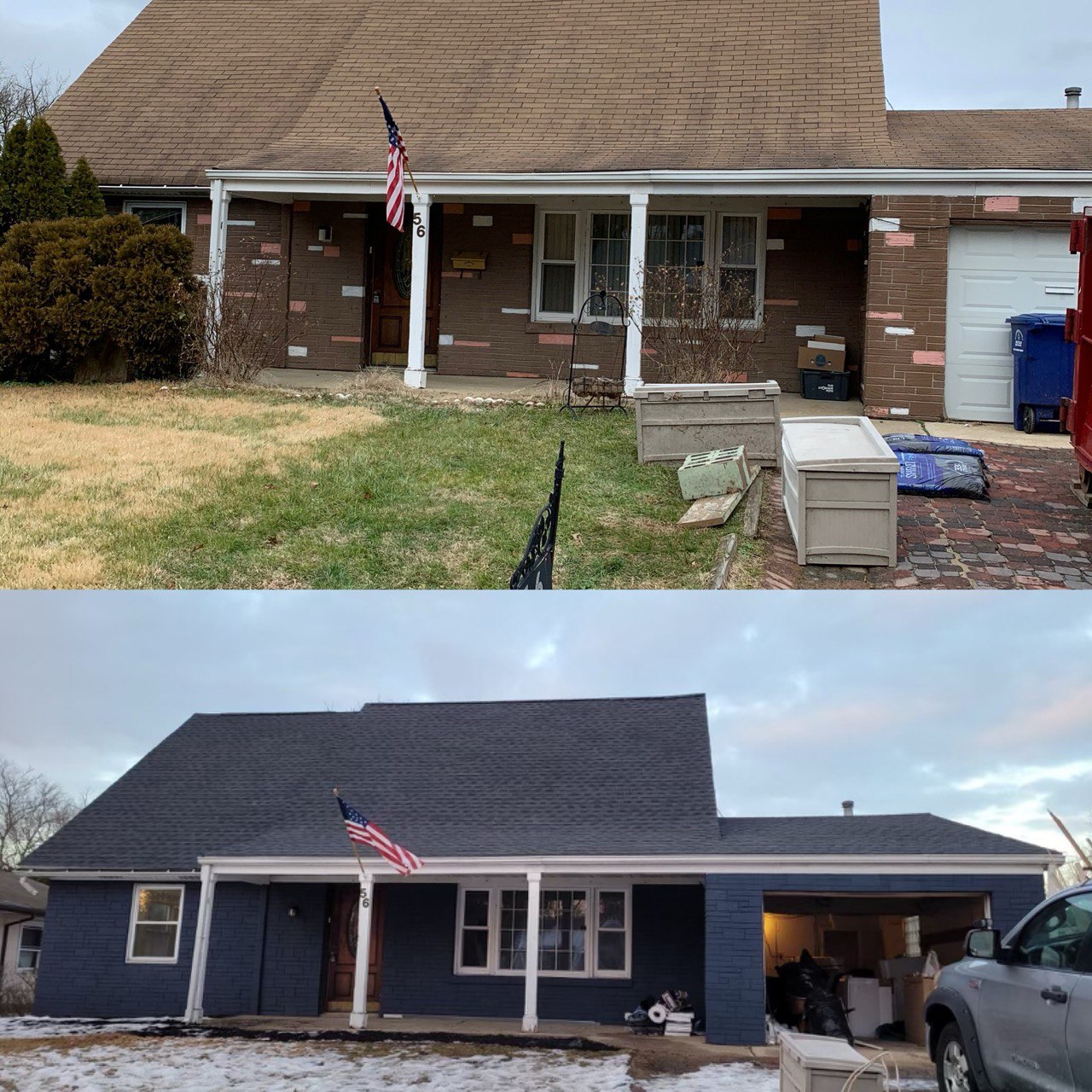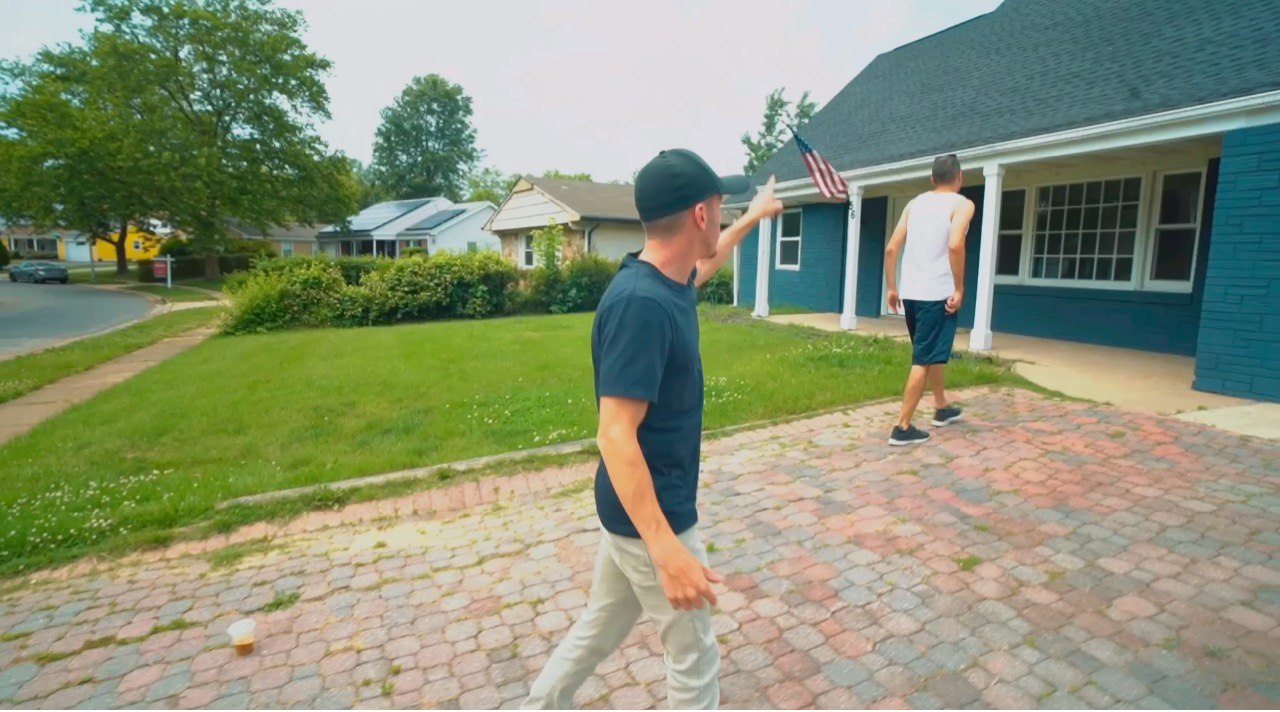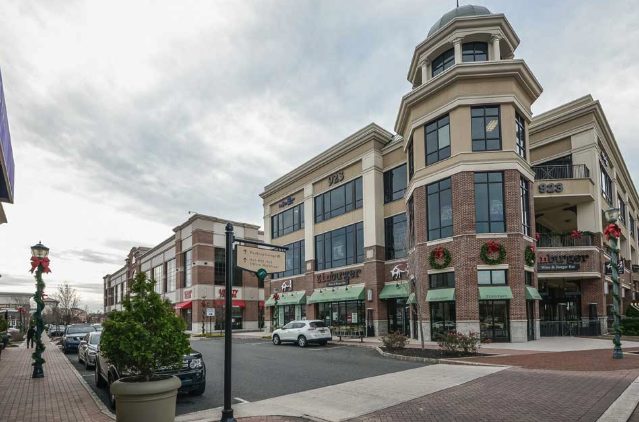It’s been nearly two decades since the 2008 housing crash sent shockwaves through the real estate market. We all remember the horror stories—skyrocketing foreclosures, banks tightening lending, and home values getting slashed overnight.
New Jersey, in particular, got hit hard. Foreclosures dragged on for years, and some areas took a full decade to recover. But here’s the thing—NJ real estate in 2025 looks nothing like it did in 2008.
As someone who invests, flips, and sells properties across NJ, I’ve watched this market evolve firsthand. The same towns that were foreclosure hotspots in 2010 are now some of the most competitive markets in the state. Prices have soared, demand is through the roof, and inventory is tighter than ever.
So how did NJ go from crash to comeback? Let’s break it down.
New Jersey in 2008: The Housing Collapse Hit Hard
Back in the mid-2000s, everyone was buying homes, often with little to no money down. Lenders handed out subprime mortgages like candy, and many buyers took on loans they had no business qualifying for.
???? Home prices peaked in 2006, but by 2008, the bubble popped.
???? Foreclosures surged as homeowners with adjustable-rate mortgages (ARMs) couldn’t keep up with rising payments.
???? Home values crashed, with some NJ towns seeing price drops of 30% or more.
The worst part? New Jersey’s foreclosure process is one of the longest in the nation. This meant that while states like Arizona and Nevada cleared out their bad loans quickly, New Jersey’s market dragged through the mess for years.
By 2012, while some states were already bouncing back, NJ still had one of the highest foreclosure rates in the country.
2015-2020: The Slow But Steady Recovery
By the mid-2010s, NJ’s housing market finally started to stabilize. But the recovery wasn’t as fast as in other states.
✅ Towns with strong school districts bounced back first. Places like Montclair, Princeton, and Ridgewood saw buyers return, and prices climbed.
✅ Foreclosures finally started clearing out. But it took nearly a decade for NJ’s backlog of distressed homes to fully sell off.
✅ Investors flooded the market. This was the golden age for investors who scooped up cheap foreclosures and turned them into rentals.
By 2019, NJ home values were back to pre-2008 levels—but the real boom was still to come.
2020-2023: The Pandemic Market Changed Everything
Just as NJ’s market got back to normal, COVID-19 flipped everything upside down.
???? Suburban demand exploded as people fled NYC and Philly.
???? Record-low interest rates sent buyers into a frenzy.
???? Bidding wars became the norm, with homes selling tens of thousands over asking.
This was unlike anything we had ever seen. NJ real estate, which had spent years slowly recovering, suddenly became one of the hottest markets in the country.
The numbers don’t lie:
Home values in NJ jumped 35% between 2020-2023.
Inventory hit all-time lows.
Rent prices surged as demand for homes outpaced supply.
But what’s happened since? And where is NJ headed in 2025?
2025: New Jersey’s Real Estate Market Is Stronger Than Ever
Despite higher mortgage rates cooling the national market, NJ remains one of the strongest real estate markets in the country.
Here’s why:
✔️ Limited inventory keeps prices high. NJ never built massive housing developments like Florida or Texas, so supply remains tight.
✔️ People don’t leave NJ as easily as other states. Strong family roots and job markets keep demand stable.
✔️ Homeowners who locked in low mortgage rates aren’t selling. This “golden handcuff” effect is keeping supply even tighter.
Even with interest rates higher than in 2021, home prices in NJ are still appreciating. While some markets like Austin or Tampa are seeing price drops, NJ’s demand has stayed steady.
What’s Next? Will NJ Ever See Another 2008-Style Crash?
The big question on everyone’s mind: Are we heading for another crash?
I don’t think so—and here’s why:
1️⃣ Today’s homeowners have equity. In 2008, people were overleveraged with no money down. Now, most NJ homeowners have at least 20% equity, meaning they won’t need to dump their homes in distress.
2️⃣ Lending standards are much stricter. No more “liar loans” or subprime disasters—banks actually check that borrowers can afford their mortgages now.
3️⃣ Demand is still outpacing supply. Even if interest rates stay high, inventory is so low that prices are holding steady.
Final Thoughts: NJ Real Estate’s Wild Ride
New Jersey’s housing market has transformed massively from the crash of 2008 to the boom of 2025. While the early 2010s were filled with foreclosures and slow growth, the past five years have turned NJ into one of the strongest real estate markets in the U.S.
So, what does this mean if you’re buying, selling, or investing?
If you’re selling, don’t wait. Demand is still strong, and inventory is still low—meaning now is a great time to sell.
If you’re buying, be prepared for competition. Even with higher interest rates, bidding wars are still common in the best towns.
If you’re investing, NJ is still a great long-term bet. The days of easy foreclosure flips are mostly gone, but rental demand remains strong.
Want to sell your home fast in NJ? At Savannah Properties, we buy homes in any condition for cash—no agents, no repairs, no stress.
Contact us today to see how we can help.


